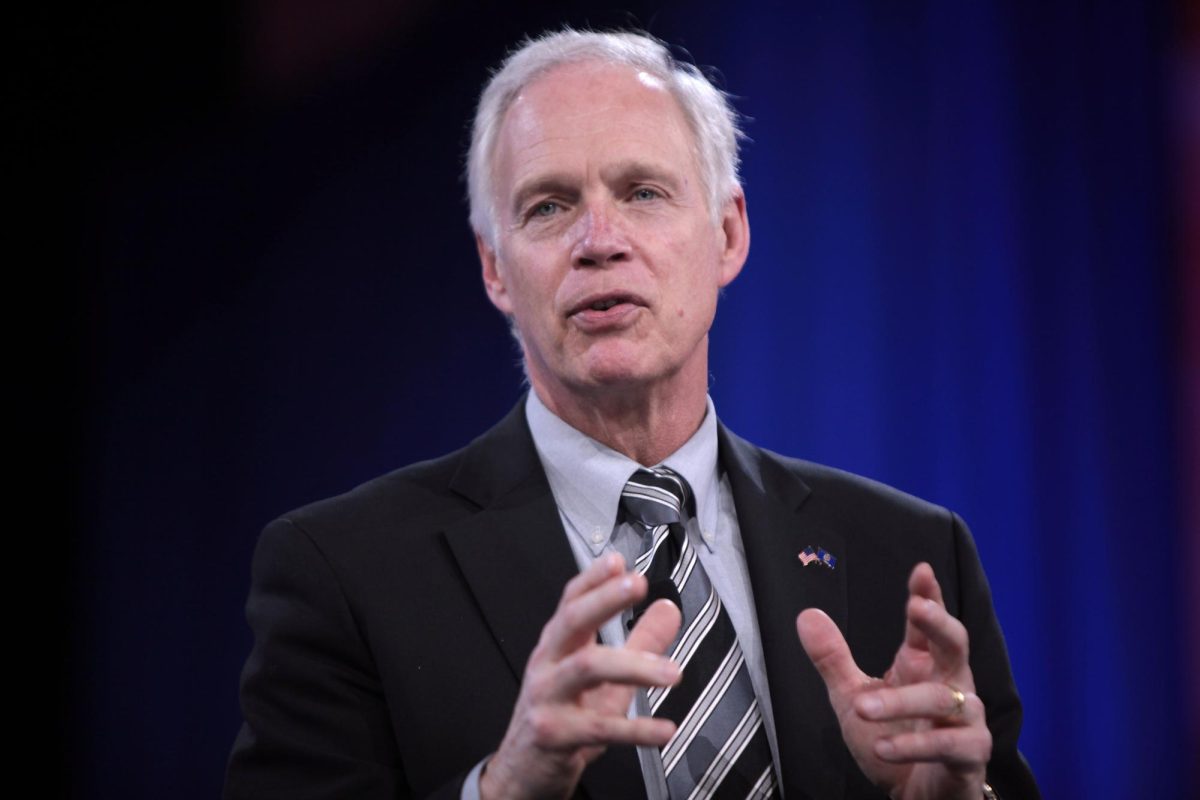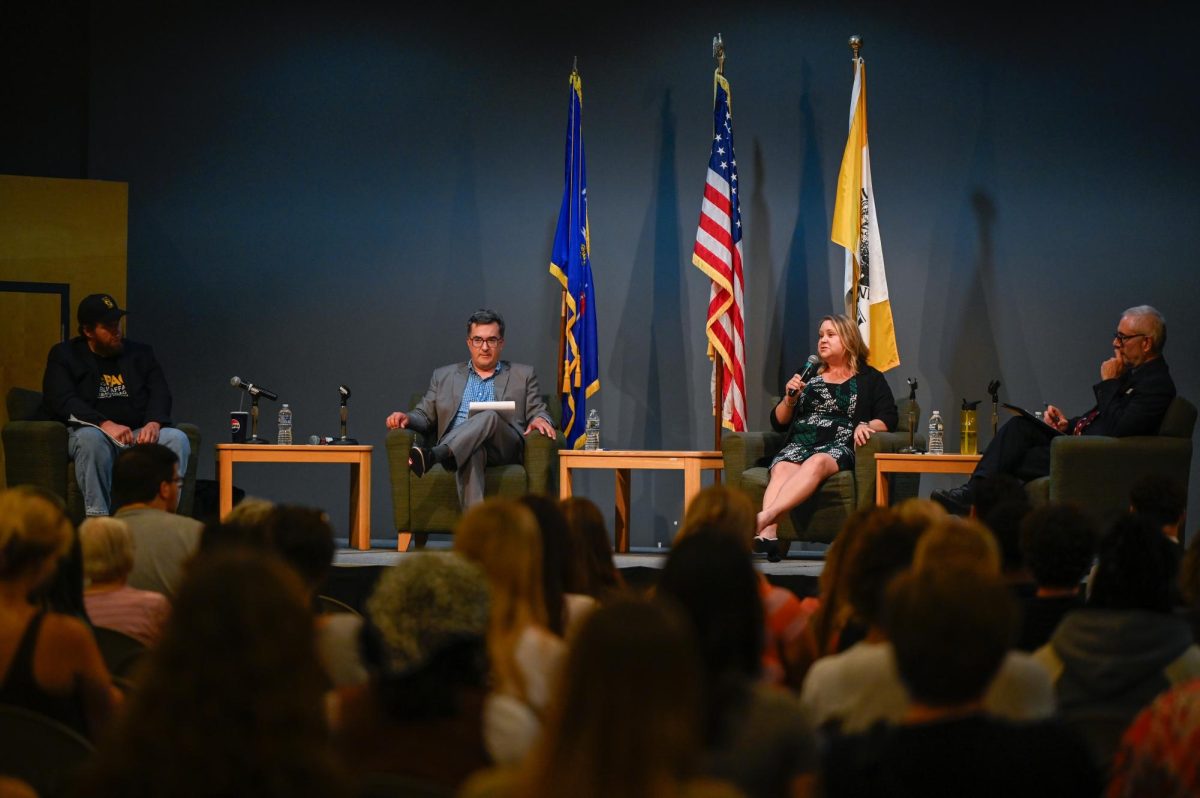[media-credit id=2 align=”alignleft” width=”300″] [/media-credit]
[/media-credit]
With the proposed UW System and UW Colleges merger potentially coming in a matter of months, groups across all levels of the involved campuses are struggling to figure out how it will impact them in the long- and short-term.
The Board of Regents will vote on the merger in November and would consolidate two-year UW Colleges schools into neighboring four-year UW System campuses. As part of the proposal, UW-Fox Valley and UW-Fond du Lac would become part of UW Oshkosh.
UWO faculty senate Past-President Karl Loewenstein said he had trouble determining the impact that faculty could experience because they were not given enough information about the proposal ahead of time.
“We don’t know anything because they didn’t actually ask anyone’s advice before deciding that this was the right process to do,” Loewenstein said. “We still don’t even have an idea of who made the decision. Before we even get to the impact of this, you have to say that the decision-making process is damaging to the very principles upon which the System was founded, which is shared governance and working with faculty and staff to make the best decisions for our students’ education.”
UWO Chancellor Andrew Leavitt said that although he has heard some negative reactions, most of the people he’s talked to about the proposed merger are ready to move forward.
“There’s a lot of folks who are ready and willing to roll up their sleeves and work on this,” Leavitt said. “So far it’s been very positive, the responses that I’ve gotten back. I’m sure there are people out there who have concerns and are very alarmed by this, and that’s understandable.”
Leavitt said the merger benefits UWO because it will increase the value of the degree students get from the University if it grows and has more of an impact on the region, due to tripling the amount of campuses involved.
“Twenty-five years from now when we are a thriving, three-campus environment with a much greater footprint in this region, you are going to benefit from that because of the reputation of this institution,” Leavitt said.
UW Colleges and UW-Extension Chancellor Cathy Sandeen said the proposed merger would help the two-year schools both attract and propel students to four-year institutions by making the transition easier.
“Very little will change for students,” Sandeen said. “We are committed to making the transition as smooth as possible for students, faculty and staff. In fact, I think the proposed restructuring will really benefit our students by allowing us to leverage the strength of the four-year institutions to get more students into and through the educational pipeline.”
Loewenstein said he believes the faculty and staff at UWO will be able to handle the changes that come with the proposed merger although the decision hampers their ability to do so because it was not made within the University.
“I think we have a great campus culture for solving problems, for innovating and for working together,” Loewenstein said. “This proposal just violates all of those things we do really well and doesn’t let us do the things we do really well. Instead we have to implement mandates from unelected Madison bureaucrats.”
Oshkosh Student Association President Maria Berge said knowing about the merger in advance would have been nice.
“I don’t know if there really would have been a better way to go about it other than saying ‘Hey, this is a proposal and we’re going to be voting on it,’” Berge said. “Is it annoying? Yeah. Yeah, I wish we would’ve known. But logistically, I’m not sure how they would have done it.”
Declining enrollment coupled with projected state demographics and high school graduation rates means some change was necessary to continue meeting the needs of students in the long-term, Sandeen said.
“I am optimistic about the potential of this new structure to keep student access and student success at the forefront,” Sandeen said.
Berge said OSA is going to ensure students have input on the proposed merger although it is currently too early to tell how it will affect them.
“Right at this moment, there’s not a whole lot that’s going to change immediately,” Berge said. “This is going to be a process. … Obviously students will be impacted by changes, but those changes, I don’t know what they’ll be yet. And nobody does.”



















